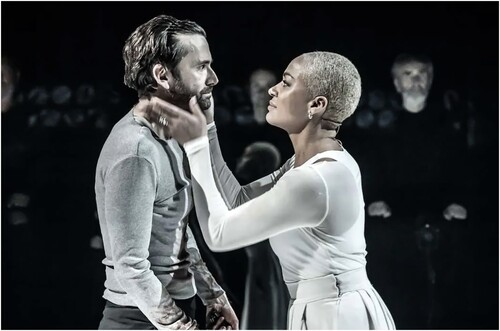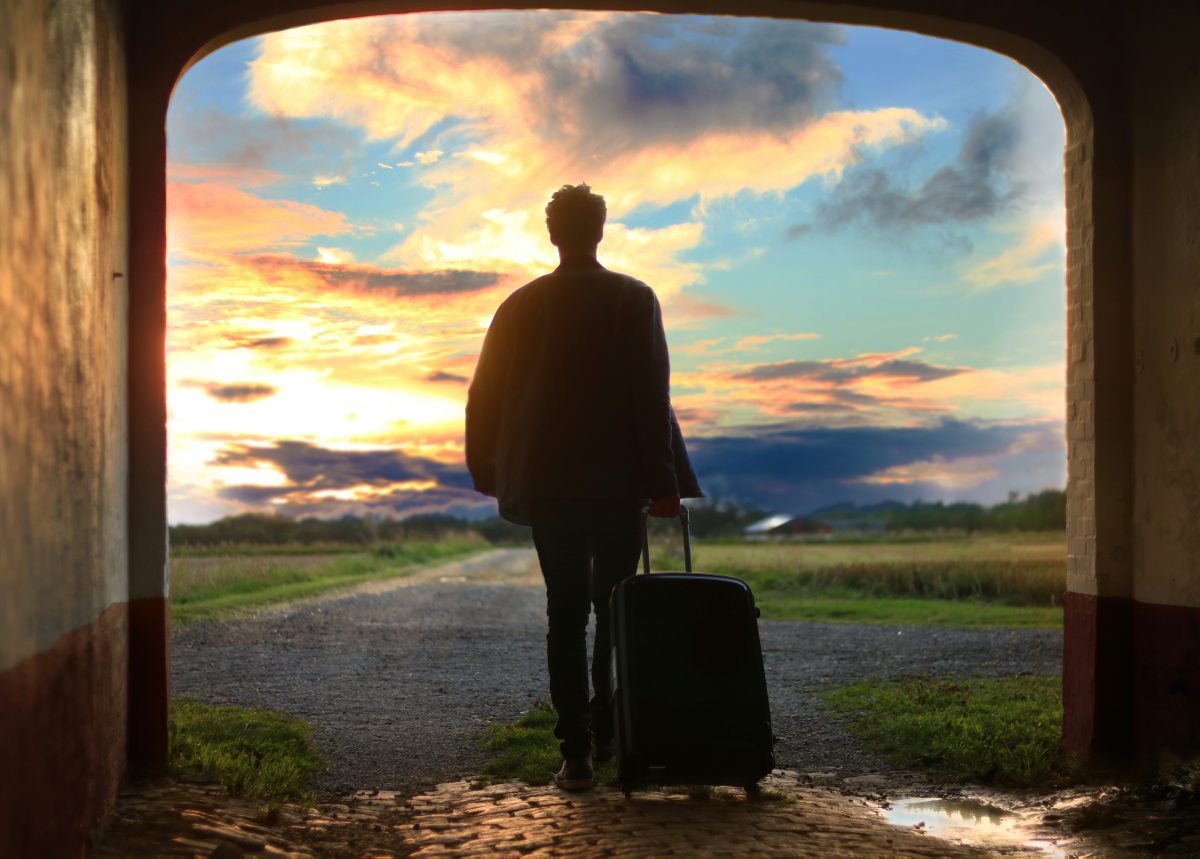Tooni Alabi is a third-year English Literature student who has enjoyed her degree in the way it’s helped her explore different periods and a range of writings, thus shaping and re-shaping her perspective. Tooni is an avid reader of different genres and hopes to be an author one day. Her passion for reading has translated into a love for creative writing, and she desires to help others escape through her writing and bring them closer to God.
Garden of Eden
Tonight, there was a shift in the heavens. The spirit of God felt the pangs of contemplation and sorrow growing wilder, causing the incense of nostalgia to rise and cloud the atmosphere. The memory becomes more potent, its voice amplifying, conjuring the essence of the Garden. The memory plied him with the fragrance of soil and flowers. It heightened the sound of the soft grass blowing in the cooling breeze. Then it brought him to his knees with the picture of his cherished creations living harmoniously in paradise. The call of the spirit moves the moon and the stars, causing them to discard their night watch, instantly becoming rigid sentinels at the creator’s service. They turn and are moved to compassion as they glimpse the first tears of God’s grief on display. Tonight, heaven’s sonorous worship is silenced. The spirit feels the beginnings of calm and allows nostalgia to appeal to the King.
Nostalgia knew what Eden meant to the creator, hence the intensity of the images it brought to the forefront of God’s mind. It wasn’t as though he hadn’t thought about Eden and visited it since the fall. Heavenly beings could never forget anything because that is how they’re wired, but wasn’t this an opportune time to revisit it? Eden needed to be evoked because the lost paradise would soon be restored, and not everyone would be a partaker of the gift. Things were rapidly changing on Earth, as the birthing pains grew stronger daily, signalling the glorious second coming. Darkness these days was ever present, a phantasmic monster that covered humanity, but there were people and places the darkness could not overcome the light, the light shining brighter and brighter. Nostalgia knew that these final days would be a violent war as heaven and hell jostled for souls. Nostalgia knew her manifesto rang loud and clear; there needed to be a renewal of strength for the final push to get as many people back to Eden. The past was just as important as the future, but she couldn’t decipher what God would do. Was he going to visit Eden? She only intended… well, to start something, but had she gone too far? Then he arose from his throne, and she bowed before him. As quickly as he had arisen, he was gone.
As I approach the gate of Eden, sadness and joy stir within me. The sadness reminds me of the fall of creation who were never meant to leave, yet I had to banish them for breaking the cardinal rule not to eat from the tree. When humans hear the story of the Garden, they believe I was cruel, ruthless and every other word under the sun because Satan was liberating them, whereas I chose to hide them in darkness. They think I hid them in the darkness because of my jealousy. I wasn’t truly a loving father otherwise, I wouldn’t have withheld the gift of knowledge of good and evil and clearly, I desired their lowly state. Yet in time, they would have had access to the tree, because the knowledge of good and evil was important for them, but it would have destroyed them without my guidance. However, that fairy tale was stolen because they allowed Satan to poison them, and they selfishly used their free will to acquire that knowledge. Do you think their disobedience was worth the detrimental consequences? Their actions unknowingly unleashed sickness, death, evil and more, causing the world’s deformity and giving Satan access to the world.






